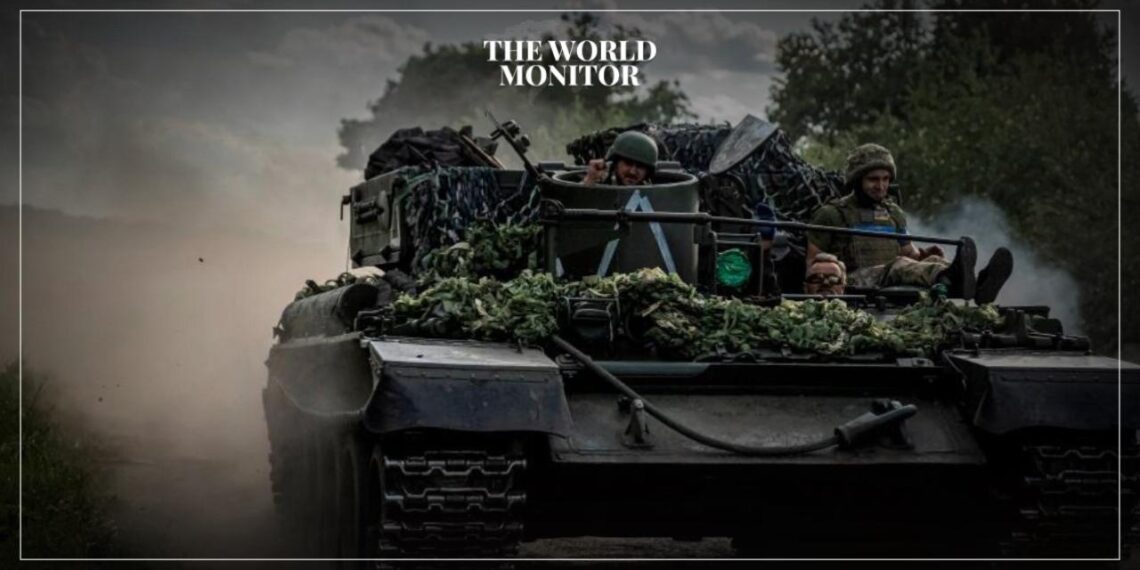Germany, the second-largest donor of aid to Ukraine, is set to reduce its military support by half in 2025, according to information from a parliamentary source reported by AFP on Saturday.
The government, led by Chancellor Olaf Scholz, plans to rely on funds from frozen Russian assets to sustain its support for Kyiv, without adding to the 4 billion euros ($4.4 billion) already allocated in next year’s budget.
In 2023, Germany’s contribution reached 8 billion euros.
To offset the reduction, Germany intends to develop a financial tool in collaboration with the G7 and the European Union (EU) that utilizes the frozen Russian assets, as per another finance ministry source.
The German newspaper Frankfurter Allgemeine Sonntagszeitung noted that this strategy stems from a consensus among Chancellor Scholz, his Social Democratic Party (SPD), and Finance Minister Christian Lindner, who is from the Liberal party, a smaller coalition partner.
Oleksii Makeiev, Ukraine’s ambassador to Germany, emphasized on X (formerly Twitter) the crucial role of Germany’s commitment to Ukraine in ensuring Europe’s security.
The proposed 2025 budget has sparked intense debate among the coalition partners, which include the Liberals, the Greens, and the Social Democrats.
Lindner has been urging other ministries to cut back to adhere to a constitutional rule designed to limit state debt.
While the budget discussions are ongoing and set to conclude by year’s end, the finance ministry mentioned on Saturday that it remains open to additional, case-by-case funding considerations for Ukraine.
The US Department of Defense’s Office of the Inspector General reported on Thursday that the U.S. Congress has approved over $174 billion in funds for Ukraine and the reinforcement of NATO in Europe since February 2022.
According to the report, these funds represent a significant increase in US financial commitment in response to Russia’s special military operation in Ukraine.
The funds allocated include direct security, budgetary provisions, development, and humanitarian aid for Ukraine, alongside security assistance for NATO allies and other partner nations.






